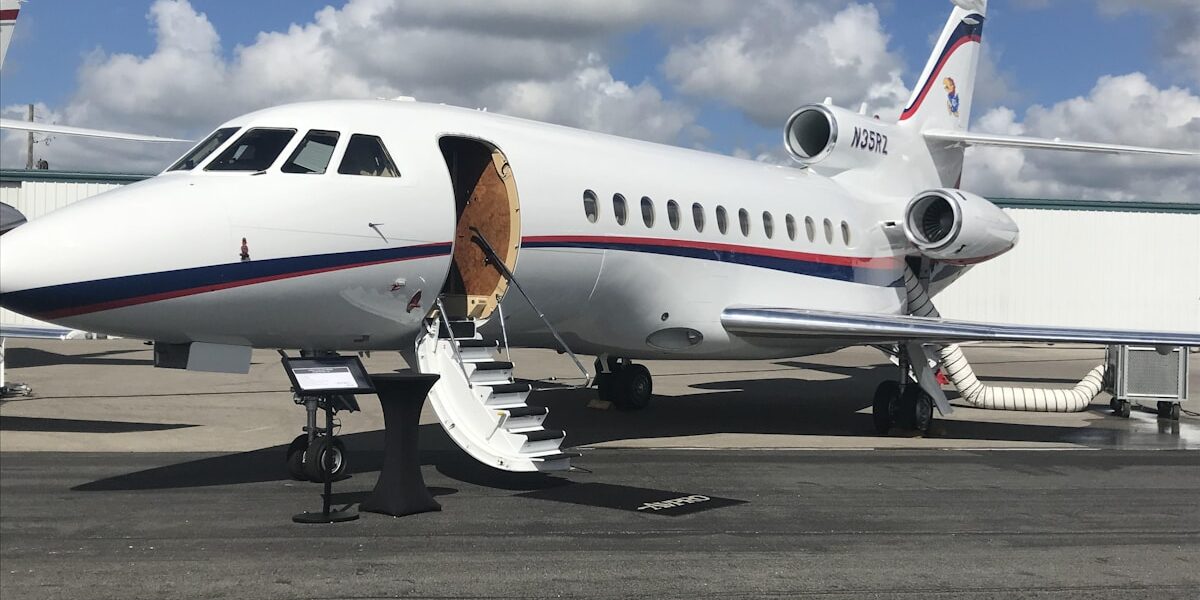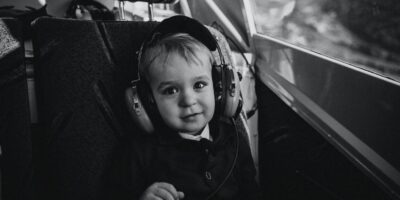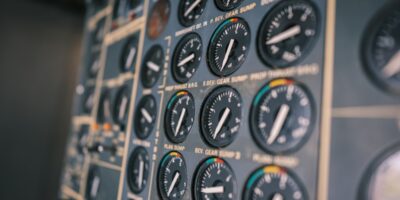Izon: A Comprehensive Look
Located in the Niger Delta region of Nigeria, Izon refers to the Ijaw ethnic group. The Ijaw people constitute one of the largest ethnic groups in Nigeria. They primarily inhabit the coastal regions and are known for their rich cultural heritage.

Geographical Distribution
The Ijaw people predominantly live in Bayelsa, Delta, and Rivers states. They extend into other regions such as Edo, Ondo, and Akwa Ibom. Despite their widespread presence, they are closely knit through language and customs. Waterways and mangrove forests characterize the regions they inhabit. Many communities are accessible only by boat, emphasizing their strong link to aquatic environments.
Language
The Ijaw language belongs to the Ijoid family. It comprises several dialects including, Kolokuma, Southern Ijaw, and Nembe. Each dialect has unique characteristics but retains mutual intelligibility to an extent. Efforts to document and standardize these dialects are ongoing. Language plays a central role in preserving their cultural identity.
Historical Significance
The Ijaw people have a long history dating back thousands of years. Archaeological findings suggest their presence in the Niger Delta since prehistoric times. They have maintained a distinctive way of life centered on fishing and trade. During colonial times, the Ijaw people were actively involved in trade with Europeans. Their land is rich in natural resources, notably oil and gas, which has shaped much of their modern history.
Traditional Occupations
Fishing remains a significant occupation among the Ijaw. They utilize traditional methods such as hand lines, nets, and traps. Boat-making is another important skill, passed down through generations. The Ijaw also engage in farming, particularly of crops like yam, cassava, and plantain. These activities sustain their communities and maintain their connection to the land and waterways.
Culture and Festivals
The Ijaw culture is vibrant and diverse. Music and dance are integral to their way of life. Traditional instruments include the drum, xylophone, and flute. Festivals such as the Izon Ekeni Festival celebrate their heritage. During these festivals, people wear elaborate costumes and perform ritual dances. They also engage in storytelling, passing down myths and legends orally.
Religion and Belief Systems
The traditional Ijaw religion centers on belief in supernatural forces and deities. They worship a supreme god known as Egbesu, alongside other lesser gods and ancestors. Rituals and sacrifices are essential aspects of their religious practices. Christianity has also spread among the Ijaw, leading to a blend of traditional and Christian beliefs. This syncretism is evident in religious ceremonies and practices.
Challenges and Modern Issues
The discovery of oil in the Niger Delta has brought significant challenges. Environmental degradation, pollution, and economic disparity are pressing issues. Many Ijaw communities have experienced the negative impact of oil spills and gas flaring. These environmental problems affect fishing and agriculture, essential to their livelihoods. The struggle for resource control and better representation in government remains ongoing.
Education and Development
Education among the Ijaw has seen progress but faces challenges. Lack of infrastructure and resources hampers educational development in rural areas. However, initiatives are in place to promote educational attainment. Scholarships and community-driven programs aim to improve literacy and educational standards. Empowerment through education is seen as a key pathway to addressing long-term challenges.
Izon in Popular Culture
Izon culture has made its mark on Nigerian and global culture. Notable figures from the Ijaw community include writers, musicians, and political leaders. Their contributions to arts and politics have enriched Nigeria’s cultural landscape. The distinct identity of the Ijaw continues to influence contemporary Nigerian society.
Efforts in Preservation
There are ongoing efforts to preserve Ijaw language, culture, and environment. Community organizations and NGOs play an active role. Documentation projects aim to record and archive Ijaw dialects and oral traditions. Environmental groups work to rehabilitate polluted landscapes and advocate for sustainable development. These efforts are crucial for protecting the Ijaw heritage for future generations.
The Future
The Ijaw people’s resilience and adaptability provide hope for the future. Despite challenges, there is a strong sense of community and identity. Continued advocacy and development initiatives are essential for sustaining progress. Engaging with global support networks can bolster local efforts. The Ijaw’s rich culture and history remain integral to their identity and enduring legacy.
“`



